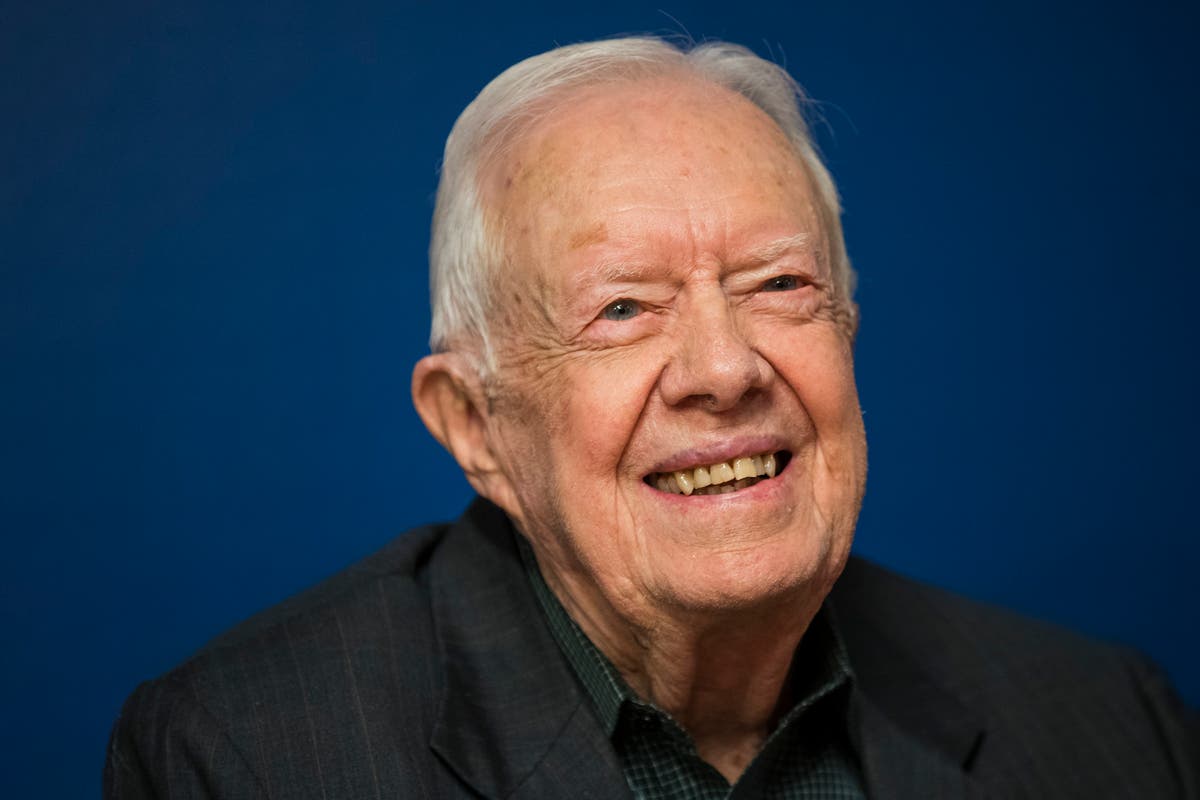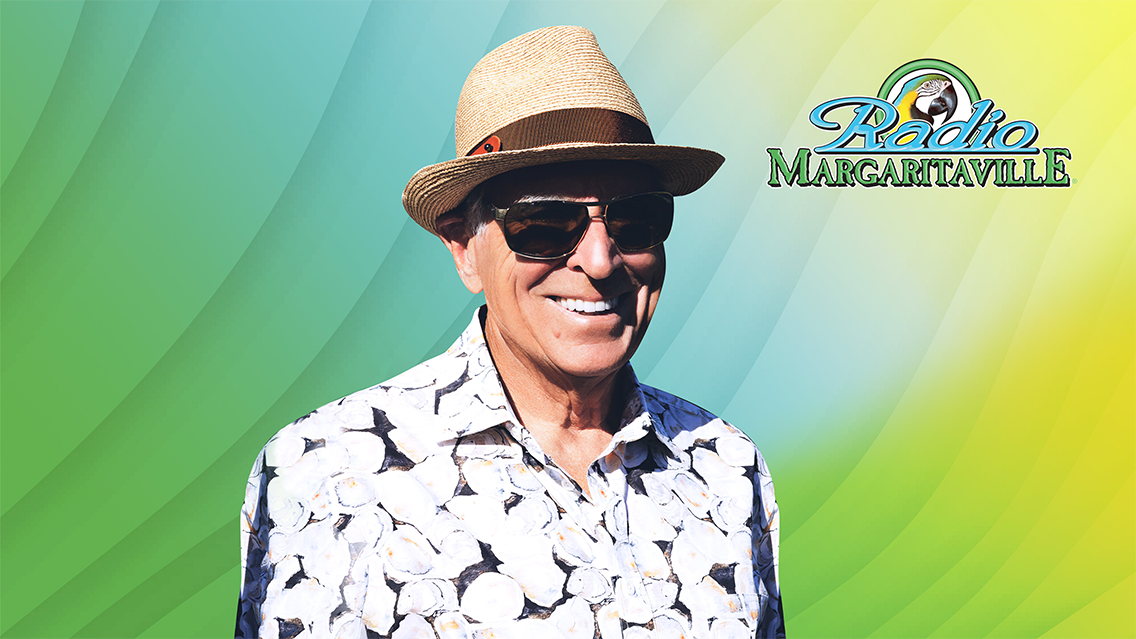James Earl “Jimmy” Carter Jr, a naval officer, Nobel Peace Prize winner and peanut farm operator who became governor of Georgia and later the 39th president of the United States, has died aged 100.
Carter, who was the longest-living former American president, died at his home in Plains, Georgia, on Sunday, December 29, according to his son.
He served as president for one term from 1977 to 1981, but is just as well-known for his humanitarian service after leaving Washington, DC, working for Habitat for Humanity and negotiating peace deals.
He continued his volunteer work for decades after leaving office until he entered hospice care in February 2023.
Carter, who throughout his political life went by Jimmy rather than James, was a towering figure in Democratic politics, both during and after his time in the White House.
As president, he emphasized human rights in his foreign policy, championed environmentalism at a time when it was not yet popular and appointed record numbers of women and people of color during his administration.
Follow for the latest information as we get it.
Meeting Jimmy Carter — and getting a scoop about Bush, Blair and Iraq from the perfect gentleman
The thing that sticks in my mind — even now — was the welcoming eyes and the warm smile.
He stretched out his hand to offer it in greeting and said something along the measure of: “Thanks for coming down to see us.”
Jimmy Carter — who died Sunday at his home in Plains, Georgia, at age 100 — was always known as a gentleman, a farmer from Georgia who had held the most powerful political office in the world. But it did not seem forced, it did not seem an act.
I’d flown to the offices of The Carter Center in Atlanta to interview him about his latest book, The Hornet’s Nest: A Novel of the Revolutionary War. He’d written plenty of books — he would go on to author more than 30 — but this was his first novel, one that the publisher Simon & Schuster described as “a sweeping novel of the American South and the War of Independence.”
Alex Croft30 December 2024 08:40
Carter’s dedication and humility was an inspiration – King Charles
King Charles has responded to Jimmy Carter’s death with “great sadness”.
He wrote in a post on X: “It was with great sadness that I learned of the death of former President Carter. He was a committed public servant, and devoted his life to promoting peace and human rights.
“His dedication and humility served as an inspiration to many, and I remember with great fondness his visit to the United Kingdom in 1977.
“My thoughts and prayers are with President Carter’s family and the American people at this time.”
Alex Croft30 December 2024 08:30
Live: Flag lowered at Capitol Hill to honour former president Jimmy Carter
Alex Croft30 December 2024 08:19
Jimmy Carter, who rose from humble peanut farmer to president, dies aged 100
James Earl “Jimmy” Carter Jr, a naval officer, Nobel Peace Prize winner and peanut farm operator who became governor of Georgia and later the 39th president of the United States, has died.
Carter, who was the longest-living former US president, died at the age of 100 on Sunday, 29 December, his son announced. An immediate cause was not given.
He served as president for one term from 1977 to 1981, but is just as well-known for his humanitarian service after leaving Washington DC, working for Habitat for Humanity and negotiating peace deals.
Ariana Baio and Andrew Feinberg report.
Oliver O’Connell30 December 2024 08:00
The life we have now is the best of all. We have an expanding and harmonious family, a rich life in our church and the Plains community, and a diversity of projects at The Carter Center that is adventurous and exciting. Rosalynn and I have visited more than 145 countries, and both of us are as active as we have ever been. We are blessed with good health and look to the future with eagerness and confidence, but are prepared for inevitable adversity when it comes.
Jimmy Carter — From 2015 book, ‘A Full Life’
Oliver O’Connell30 December 2024 07:50
I had a very challenging question at Emory (University) the other night: “How would you describe the United States of America today in one word?” And I didn’t know what to say for a few moments, but I finally said, “Searching.” I think the country in which we live is still searching for what it ought to be, and what it can be, and I’m not sure we’re making much progress right at this moment.
Jimmy Carter — October 2014 during a celebration of his 90th birthday
Oliver O’Connell30 December 2024 07:10
How Jimmy and Rosalynn returned to their Plains home after the White House
Jimmy Carter once held the highest office in the land — but was just as content in his family home in small town Georgia.
At the age of 56, having lost the 1980 election to Ronald Reagan, Jimmy Carter returned to Plains, Georgia, the small town where both he and his wife Rosalynn were born in the 1920s.
From the White House, they moved back into the ranch house they built in the city in 1961. That modest home is where Carter peacefully died on Sunday at the age of 100.
Gustaf Kilander reports on how Carter was the humblest president in history.
Oliver O’Connell30 December 2024 07:00
We accept self-congratulations about the wonderful 50th anniversary — which is wonderful — but we feel like Lyndon Johnson did it and we don’t have to do anything anymore.
Jimmy Carter — April 2014, commenting on racial inequality during a celebration of the Civil Rights Act’s 50th anniversary
Oliver O’Connell30 December 2024 06:50






